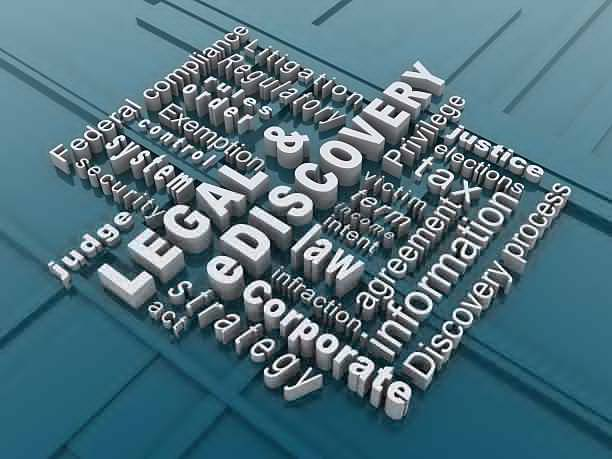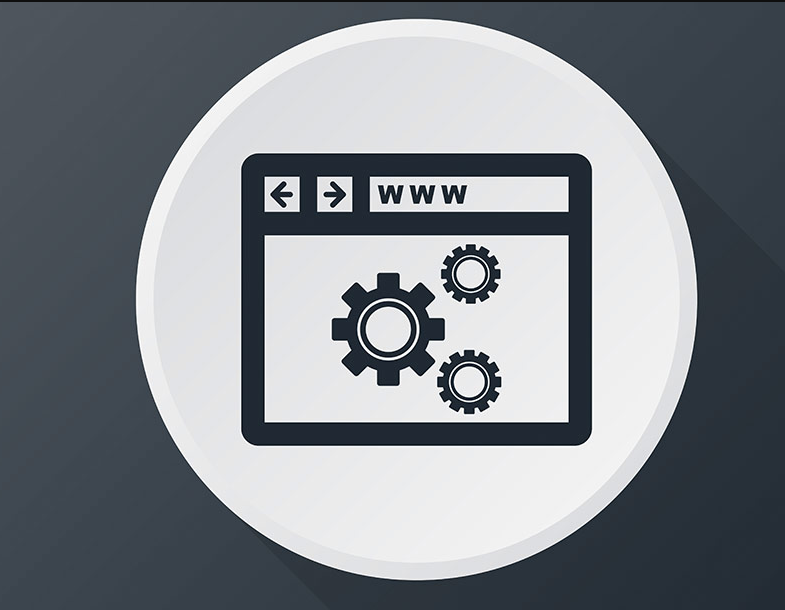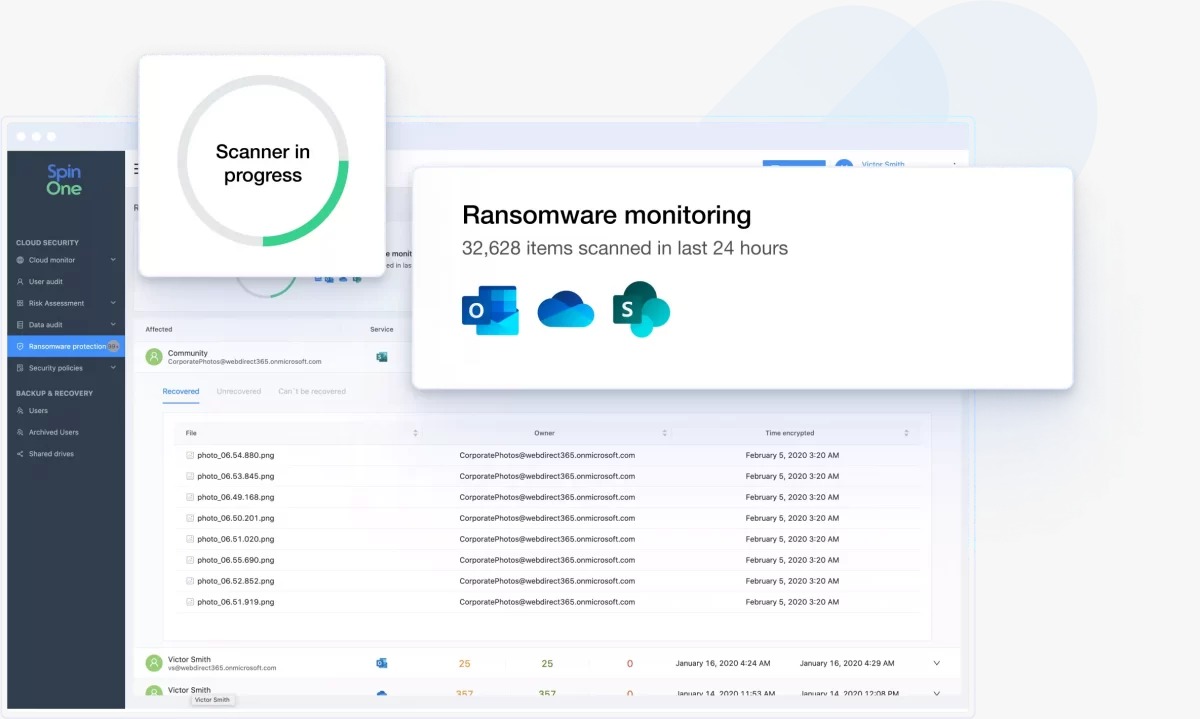Navigating the Digital Deluge: Finding the Best eDiscovery Software for Law Firms

Modern legal practice faces a tidal wave of digital evidence. Emails, social media posts, text messages, and countless other electronic documents can hold the key to a case, but sifting through the sheer volume can be overwhelming. To navigate this digital deluge, eDiscovery software for law firms has become essential.
However, with a crowded market offering a dizzying array of features and functionalities, choosing the right eDiscovery software can be daunting. This article helps you cut through the noise and identify the best solution for your firm’s needs.
Understanding the eDiscovery Landscape
Before diving into specific software options, it’s crucial to understand the key stages of the eDiscovery process. Generally, it involves:
- Identification and preservation: Pinpointing relevant data sources and ensuring their secure custody.
- Collection and processing: Gathering the data and preparing it for analysis. This often involves deduplication, format conversion, and metadata extraction.
- Review and analysis: Using advanced search and analytics tools, identify and tag relevant documents and extract key information.
- Production and presentation: Exporting relevant documents in a readily presentable format for litigation or investigation purposes.
Key Considerations for Choosing eDiscovery Software
Now that you have a roadmap let’s explore the factors to consider when selecting eDiscovery software for law firms:
1. Feature Set and Functionality:
- Data volume and complexity: Can the software handle your typical caseload size and data types? Does it offer advanced processing capabilities for complex formats like audio or video?
- Review tools and workflows: Does the platform offer efficient annotation, coding, and collaboration features for your review teams? Can you customize workflows to suit your specific needs?
- Analytics and reporting: Does the software provide insights into data trends and relationships, helping you identify critical evidence and build a strong case narrative?
2. Deployment Options and Scalability:
- On-premise, cloud, or hybrid: Each deployment model has pros and cons regarding cost, security, and accessibility. Choose the option that aligns with your IT infrastructure and budget.
- Scalability: Can the software handle growing data volumes and user needs as your firm evolves? Look for solutions that offer flexible scaling options.
3. Security and Compliance:
- Data security: Is the software equipped with robust security measures to protect sensitive client information? Does it comply with relevant data privacy and security regulations?
- Audit trails and reporting: Does the platform provide comprehensive audit trails for eDiscovery processes, ensuring transparency and accountability?
4. User Interface and Training:
- Ease of use: Consider the complexity of the platform’s interface and its learning curve for your legal team. Look for intuitive and user-friendly solutions to maximize adoption and efficiency.
- Training and support: Does the vendor offer adequate training resources and ongoing support to ensure your team can leverage the software’s full potential?
Conclusion
Choosing the right eDiscovery software for law firms is an investment in efficiency, accuracy, and success. By carefully considering your needs and exploring options, you can equip your team with the tools to navigate the digital deluge and build a compelling case. Remember, there is no “one-size-fits-all” solution, so prioritize your specific requirements and don’t hesitate to request demos and test-drive platforms before deciding. With the right tools and strategy, you can transform eDiscovery from a burden into a powerful asset, driving legal victories and client satisfaction.





